Video Games & Mental Health
Community can be found everywhere. It can be with your next door neighbors, classmates, or even with people that live across the country. Whether online or in person, video games can bring people together — to cooperate or for some friendly competition.
This is one of several reasons video games can be beneficial to our mental health.
Playing a game together is a great way to spend quality time with friends, family, or a partner. It can be as simple as playing Mario Party with friends or watching a sibling play through a difficult single-player game.
They can also be the common interest when seeking out community. Many people join a Discord server for a game they love, watch a streamer on Twitch, or attend a local game night or tournament to find others who have similar interests.
Whether visiting each other’s Animal Crossing islands for design tips or completing a raid together in Final Fantasy XIV, it’s rewarding to work towards a common goal together. The combination of time spent together and sense of accomplishment from overcoming a challenge can create lasting bonds.
Just as important as reaching those goals together is setting your own goals. Both in life and in a video game, it’s important to have goals for yourself. These keep you motivated and give you something to work towards.
In a game, it could be trying to reach the next level, make your character stronger, unlock new items, or defeat a difficult boss. Someone going through a tough time might not have the motivation to apply these goals to their day-to-day life, but may have just enough motivation to set goals in-game.
Another goal could be progressing the storyline of the game. Just like getting caught up in a good book or TV show, video games often have emotional, intricate, action-packed storylines. Tales of traveling on long journeys, fighting against evil forces, exploring a new land, or simply cleaning up the house.
Getting lost in a story is a wonderful way to take a break from your own personal stressors. They can show you a different perspective and take your mind out of the hustle and bustle of work or school.
Now, of course, work, school, and daily life are still important. Spending all day playing video games isn’t going to make responsibilities disappear. Just like any other valve, it can be overused. We still need to go for a walk, get our work done, eat meals, and take care of ourselves.
As with any hobby, video games aren’t for everyone. But if you’ve been looking for a new activity to add to your self-care tool kit, try out a new game. You don’t have to be good at it to give it a try! Who knows, you might discover your next favorite story or meet a new friend in the process.

